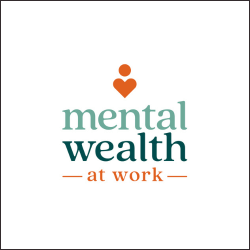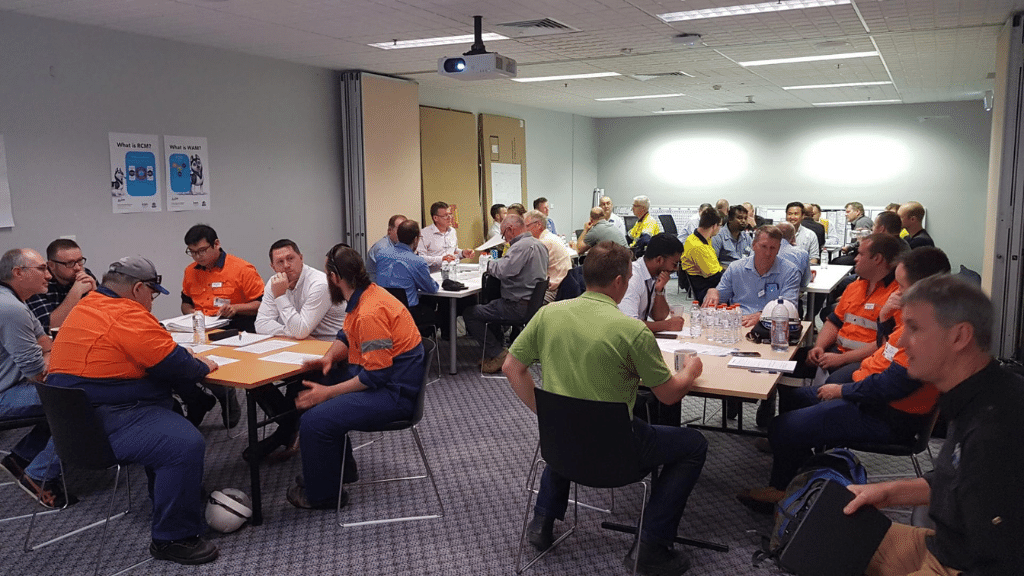R U OK? What if they’re not OK?
R U OK? Day is recognised every September to encourage people to stay connected and have conversations that can help others through difficult times. The Australian charity was formed in 2009 after its founder, Gavin Larkin, lost his father to suicide.
For the past 15 years, communities, workplaces and schools have been recognising the day by hosting a wide range of events aimed at promoting open conversations around mental health.
Every year’s theme is different, and for 2024, their message is clear: “Ask R U OK, Any Day”
Their website has valuable resources to help plan and host an event and continue the conversation afterwards.
R U OK? have a simple but effective model of how to start a conversation that could save a life:
Ask
Listen
Encourage Action
Check-in
The ALEC model works well; here are further tips for an effective conversation.
Prepare:
Get prepared before you start the conversation. Have you picked the right time and location? Are you in the right frame of mind? Do you have any resources you might need, such as helpline numbers or employee assistance program details?
Ask:
This can be the hardest part. Consider what words you might use. Are you OK? How are you doing? What’s happening in your world?
Listen:
This requires active listening. Consider your body language, facial expressions, and nonverbal responses. Listen to understand rather than listen to respond. Maintain comfortable eye contact with the person and remain nonjudgmental.
Encourage Action:
Ask if there is anything you can do to support them. Ask what they may have done in the past that helped. Encourage them to speak to a professional if their symptoms have been ongoing for over two weeks. This might include talking to their GP or making an appointment with a mental health professional.
Check-in
Don’t leave the conversation without agreeing to check in again. You may need to revisit the conversation more than once before they decide to seek professional help if needed. Research shows that more than 50% of people with a mental health condition don’t seek professional help. Stay in touch with the person and let them know you’re ready to talk when they are.
If the person you’re helping isn’t doing OK, help is available.
Lifeline - 24/7 Crisis Support ☎️ 13 11 14
Beyond Blue - A reliable source for support and information about mental health ☎️ 1300 22 4636
TIACS - Free phone and text support for tradies, truckies, farmers and blue-collar community. ☎️ 0488 846 988
MensLine Australia – Free telephone and online counselling for Australian men. ☎️ 1300 78 99 78
👉 If there is an immediate risk or harm to yourself or others, ☎️ 000
Remember that mental health conditions are real medical conditions that people can get help and recover from with support from workplaces, family and friends.
Liz Tully is a Workplace Mental Health Specialist and the Founder of Mental Wealth at Work.
.png?width=190&name=IPA%20Logo%20Transparent%20(Hi-Res).png)



